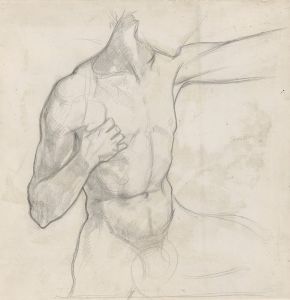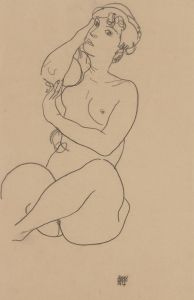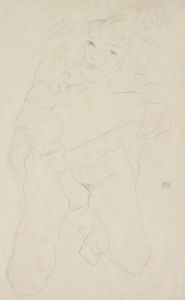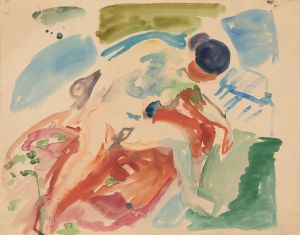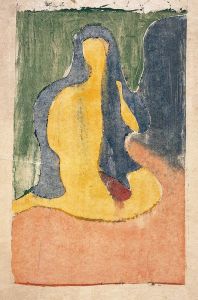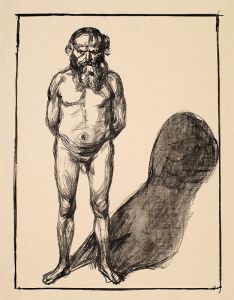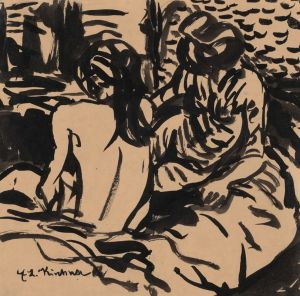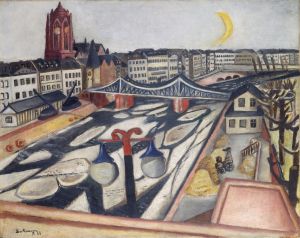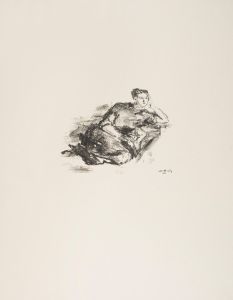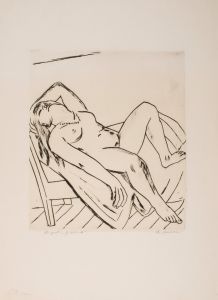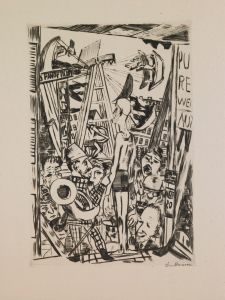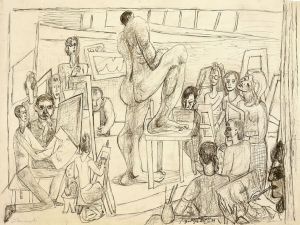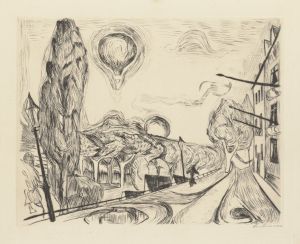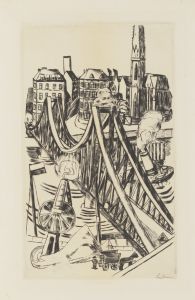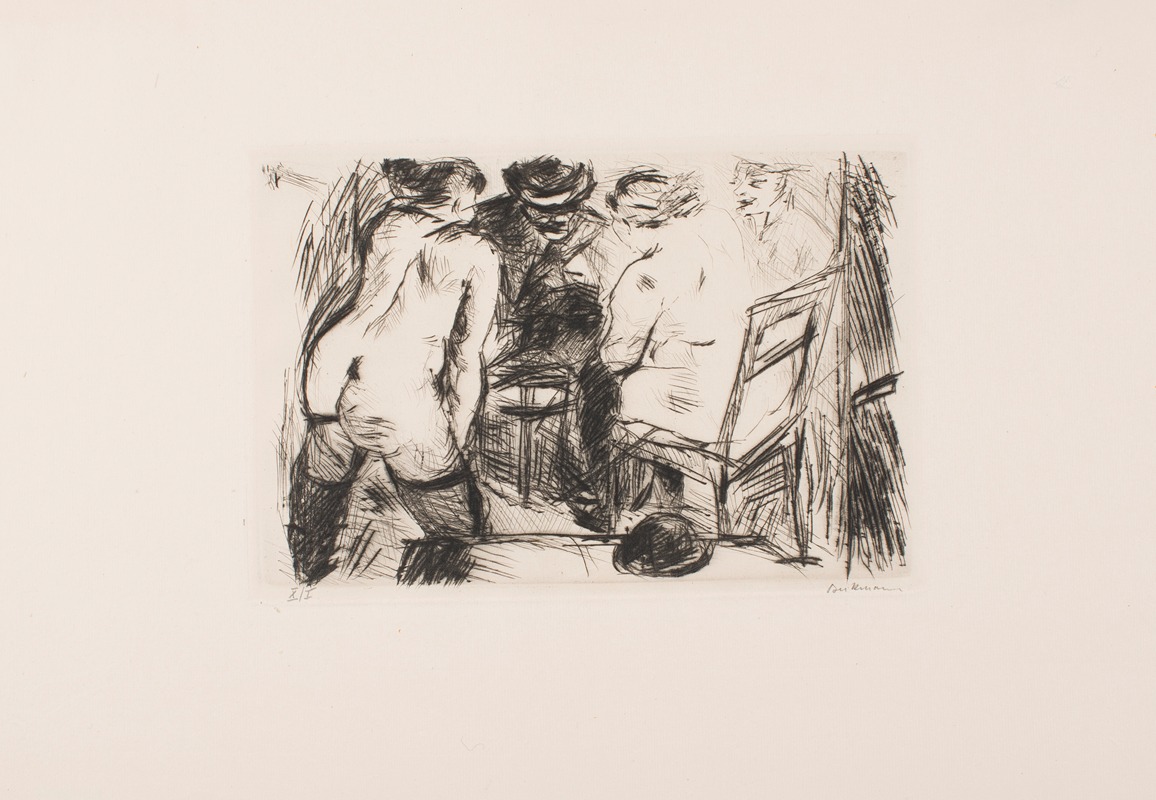
Brothel in Hamburg
A hand-painted replica of Max Beckmann’s masterpiece Brothel in Hamburg, meticulously crafted by professional artists to capture the true essence of the original. Each piece is created with museum-quality canvas and rare mineral pigments, carefully painted by experienced artists with delicate brushstrokes and rich, layered colors to perfectly recreate the texture of the original artwork. Unlike machine-printed reproductions, this hand-painted version brings the painting to life, infused with the artist’s emotions and skill in every stroke. Whether for personal collection or home decoration, it instantly elevates the artistic atmosphere of any space.
Max Beckmann's painting "Brothel in Hamburg" is a significant work by the German painter, known for his contributions to the New Objectivity movement. Beckmann, born in 1884, was a prominent figure in early 20th-century art, and his works often reflect the tumultuous socio-political environment of his time. "Brothel in Hamburg" is one of his many paintings that delve into the complexities of human experience and the darker aspects of society.
Beckmann's style is characterized by bold colors, strong lines, and a keen focus on the human figure. His works often depict scenes of urban life, imbued with a sense of drama and psychological depth. "Brothel in Hamburg" is no exception, as it captures the raw and often unsettling atmosphere of a brothel, a subject that Beckmann approached with both critical distance and empathetic insight.
The painting is part of Beckmann's exploration of the underbelly of society, a theme that recurs throughout his oeuvre. During the Weimar Republic era, Germany experienced significant social and economic upheaval, and artists like Beckmann were keenly aware of the changing dynamics. Brothels, as spaces of both commerce and intimacy, offered a rich subject for exploring themes of exploitation, desire, and human vulnerability.
In "Brothel in Hamburg," Beckmann employs his signature style to create a composition that is both chaotic and controlled. The figures in the painting are rendered with a sense of immediacy, their expressions and postures conveying a range of emotions from indifference to despair. The use of color and light in the painting enhances the mood, with stark contrasts that highlight the tension within the scene.
Beckmann's work often includes a complex interplay of symbolism and narrative, and "Brothel in Hamburg" is no different. The painting invites viewers to consider the societal implications of such spaces and the lives of those who inhabit them. Beckmann does not shy away from depicting the harsh realities of life, and his work often serves as a mirror to the societal issues of his time.
Throughout his career, Beckmann faced significant challenges, including the rise of the Nazi regime, which labeled his work as "degenerate art." Despite this, he continued to produce art that challenged and provoked, using his platform to comment on the human condition. "Brothel in Hamburg" is a testament to his commitment to exploring difficult themes and his ability to capture the complexities of human life.
Max Beckmann's legacy as an artist is marked by his unflinching examination of the world around him. His paintings, including "Brothel in Hamburg," remain powerful reflections on the human experience, offering insights into the societal structures and personal struggles that define our existence. Beckmann's work continues to be studied and appreciated for its artistic merit and its profound engagement with the social issues of his time.





